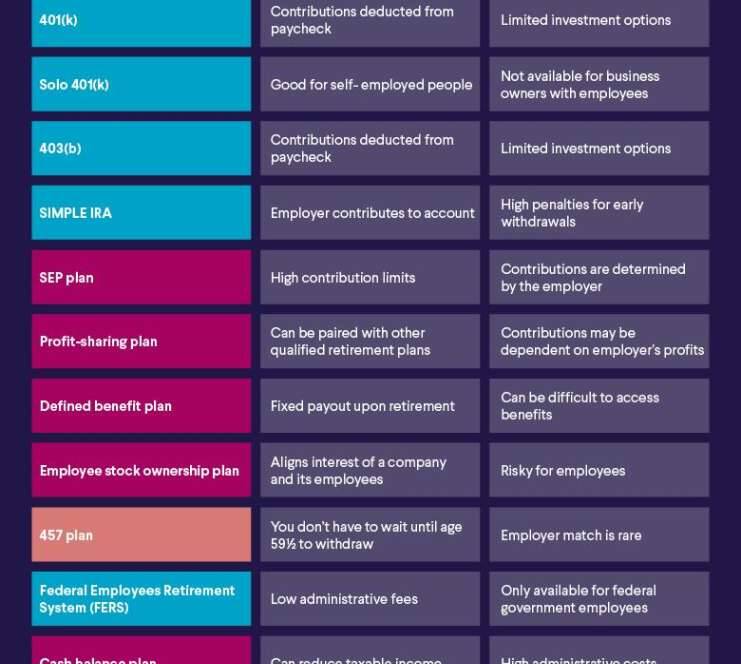Table of Contents
Understanding Your Financial Standing: A Letter to the Inherited Homeowner
Dear Reader,
Congratulations on your financial achievements! You are indeed a millionaire on paper. With an inheritance of a $650,000 home and an equivalent amount in savings, your net worth surpasses the million-dollar mark—unless you carry significant debts that could offset this figure. Your husband’s perspective on your financial status is misguided.
The Value of Your Assets
Your net worth is determined by subtracting any liabilities from your total assets. In this case, you possess a paid-off house valued at $650,000 and cash savings totaling another $650,000. This brings your total assets to approximately $1.3 million unless there are outstanding personal loans that would reduce this amount.
It’s crucial to maintain clear boundaries regarding inherited property and finances within marriage. If you have taken out loans against properties or mixed funds from joint accounts with inherited money, it may complicate ownership claims in the event of separation or divorce.
Protecting Your Inheritance
In community-property states, any assets acquired during marriage are typically considered marital property; however, if you keep inherited assets separate—such as maintaining them in individual accounts—they can remain yours alone. Conversely, equitable-distribution states divide marital property fairly but not necessarily equally; thus keeping inherited wealth distinct is vital for safeguarding it.
To protect your inheritance further:
- Avoid using shared funds for renovations or improvements on the inherited home.
- Refrain from depositing proceeds from selling such properties into joint accounts.
- Be cautious about allowing significant contributions from your spouse towards maintenance or upgrades as this could lead to commingling of assets.
The Real Issue: Emotional Dynamics
‘You’re Just a Liar!’: I Inherited a $650,000 Home from My Grandparents, But My Husband Fears I’ll Be Broke in the Future—Who’s Telling the Truth
The Emotional Impact of Inheritance
Inheriting a significant asset like a $650,000 home can bring about an array of emotional responses. While it often signifies love and legacy, it can also stir up financial anxieties, particularly in marital relationships. For many couples, these feelings can manifest as conflict, as seen in the statement, “You’re just a liar!”
Understanding the Roots of Financial Anxiety
Financial fear is common and can stem from various factors, including:
- Past Financial Experience: Individuals who have faced financial hardships before may carry those fears into new situations.
- Future Uncertainty: The unpredictability of job markets and economic downturns can trigger anxiety about sustaining financial stability.
- Communication Styles: Differences in how partners communicate about money can lead to misunderstandings and conflict.
Who’s Telling the Truth: A Financial Perspective
It’s essential to assess the financial implications of inheriting a home when evaluating the concerns raised by one partner. Let’s break this down into key talking points that can guide both partners.
Real Estate as an Investment
Inheriting a home can be a significant financial windfall. Here’s what to consider:
- Appreciation Potential: Real estate typically appreciates over time, providing long-term gains.
- Rental Opportunities: The home can become a source of passive income if rented out.
- Tax Benefits: Homeownership offers several tax advantages, including mortgage interest deductions (if applicable).
Possible Financial Risks
On the other hand, there are risks to bear in mind:
- Maintenance Costs: Old homes may require extensive repairs and upkeep.
- Market Volatility: Economic fluctuations can impact property values.
- Inherited Debt: If the home has an outstanding mortgage, it could strain finances.
Benefits of Open Dialogue about Finances
Open communication about financial matters is essential in alleviating fears and doubts. It can yield the following benefits:
- Better Understanding: Discussing finances can help both partners grasp each other’s perspectives and financial visions.
- Joint Planning: They can set mutual goals based on their financial situation and create a roadmap for the future.
- Conflict Resolution: Honest communication can preempt conflicts and strengthen trust.
Practical Tips for Healthy Financial Discussions
Consider these practical tips to ease financial conversations:
- Schedule Regular Money Talks: Set aside time each month to discuss finances without distractions.
- Be Transparent: Share your financial history and concerns openly.
- Seek Professional Guidance: Consult a financial advisor if disagreements persist.
Case Studies: Financial Conflicts in Relationships
To illustrate how financial concerns can affect relationships, consider these case studies:
| Case Study | Background | Outcome |
|---|---|---|
| Emily and Jake | Emily inherited a house with no debts, but Jake worried about future taxes. | They created a budget to account for potential costs, easing Jake’s fears. |
| Sara and Tom | Sara inherited a property needing significant repairs, causing Tom anxiety about expenses. | They negotiated a plan to renovate gradually while managing savings. |
Living through the experience of inheriting a home can offer valuable lessons. Many couples find that inheritance discussions can reveal underlying issues:
Communicating Concerns
One spouse may express fears about the future (like the husband’s concerns). It’s crucial for the partner with the inheritance to acknowledge these feelings while also sharing their perspective:
- Share Financial Data: Provide evidence of the home’s value and income potential.
- Discuss Long-term Goals: Understand each partner’s dreams and aspirations for the future.
Establishing Clear Expectations
Setting expectations regarding the home can also clarify how both partners envision their financial future:
- Avoid Surprises: Be upfront about responsibilities concerning the home’s upkeep.
- Jointly Decide How to Manage the Asset: Discuss whether to keep, sell, or rent the property based on both financial situations.
The Importance of Professional Financial Guidance
Sometimes, emotions and finances mix complicating discussions about marriage and inheritance. Seeking help from a financial advisor can be beneficial:
- Objective Perspective: Advisors can provide unbiased assessments of the situation.
- Financial Planning: Guidance on how to manage inherited wealth wisely.
- Stress Relief: Alleviating personal tension by establishing a strategic plan.
However, it’s essential to recognize that the core issue here transcends mere finances—it lies within the dynamics of your relationship with your husband. His behavior may be undermining not just your confidence but also limiting opportunities available to you.
You find yourself in a fortunate position where many couples today share similar income levels; according to Pew Research Center data, 29% of marriages feature partners earning comparable salaries while 55% have husbands as primary earners and 16% have wives taking that role.
Understanding why he might belittle you despite having substantial financial resources can be complex; often it stems from fear—fear that his control diminishes as yours grows stronger through financial independence.
Recognizing Coercive Control
It’s important to acknowledge potential signs of coercive control intertwined with economic abuse—a common aspect seen in many domestic abuse cases where one partner seeks dominance over another’s resources and decisions regarding their finances. Economic abuse can manifest through behaviors aimed at restricting access to money or instilling dependency on one partner for financial stability.
Research published in BMC Public Health highlights how these tactics create economic reliance which hinders individuals’ ability to leave unhealthy relationships or establish autonomy outside them. When self-doubt creeps into one’s mindset due to manipulation by others—often termed gaslighting—it becomes increasingly challenging both emotionally and financially.
Gaslighting involves psychological manipulation leading victims toward questioning their reality—a tactic used by those who wish for power over others’ lives without appearing overtly aggressive about it.
Empower Yourself Financially
Do not allow anyone—including a spouse—to diminish either your happiness or sense of reality regarding finances! This new investment opportunity represents more than just monetary gain; it symbolizes independence and empowerment which should never be underestimated!
As you consider purchasing additional real estate for investment purposes remember: achieving financial freedom equips individuals with choices—and choices equate power!






